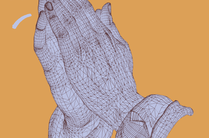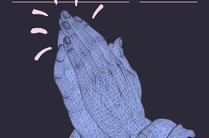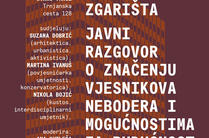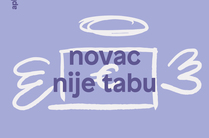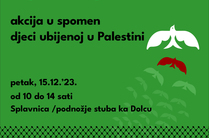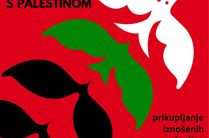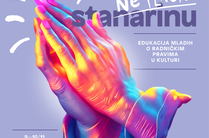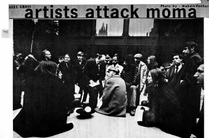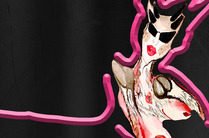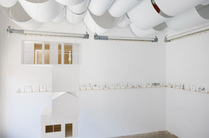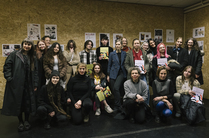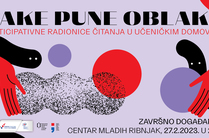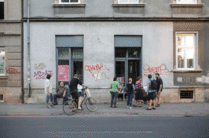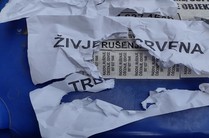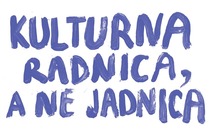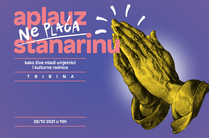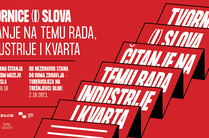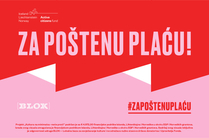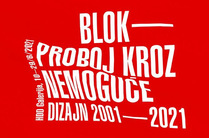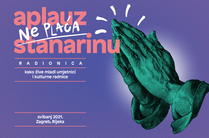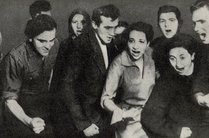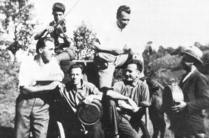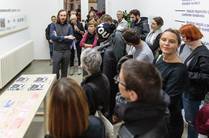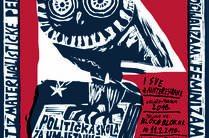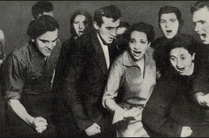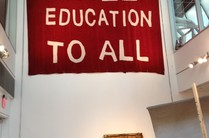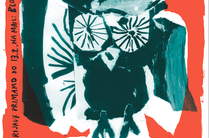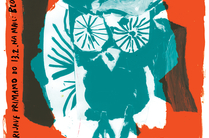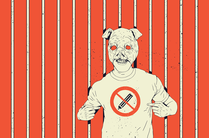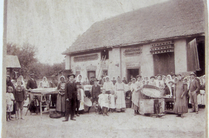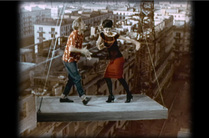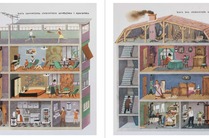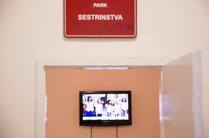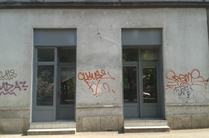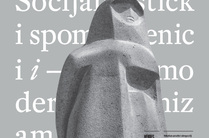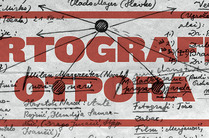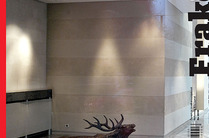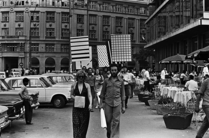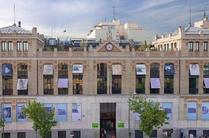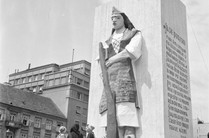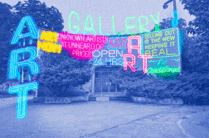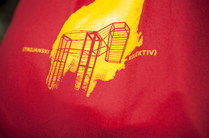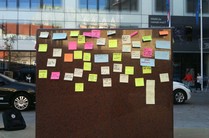POLITICAL SCHOOL FOR ARTISTS (AND ALL INTERESTED) - CALL FOR ENTRIES

APPLICATION DEADLINE: Feburary 13, 2017
The art of the 20th century is marked by constant tensions because of its relationship with politics and political organizing. Politics and political organization has now been overcome by activism, due to the wider process of 'discreditation' of the Left throughout the 20th century. Under pressure of demands for direct actions, political education - once a constituent part of political organizing from below - has been thrown in the ash heap of history. One can not say that the art institutions have ever recognized the need for political and social education of artists, but on the other hand the artists themselves have been gaining access to such knowledge by participating in the political movements that cared about the education of its members. Contemporary activism in art, as well as activism in general, is being exhausted in spontaneous rebellions, often in completely individualized actions, predominantly within the framework of the institution of art that is not even questioned as such. It can be concluded that after the 20-century-old debates, the notion of art as inherently apolitical, or, in any case, as an area free of social divisions, has prevailed. This should not come as a surprise when we examine the political landscape, and also consider the development of art education. It toggles between a conservative master and liberal postmodern approach, with the latter being crucial in academisation of artistic discourse. The absence of systemic education based on insights from political and social sciences is laced with latest neo-conservative tendencies, most evident in secondary education.
Taking into account these circumstances, as well as our own experience of working in the art field, we decided to launch a program of political education for artists, but also all other inteersted. Our intention is to offer basic insights into the systemic analysis of capitalism and the socialist alternative, with a special emphasis on the role and place of art in them.
Political School for artists (and all interested) is structured around 10 concepts / themes, and organized in weekly sessions (on Thursdays) with invited lecturers, and it will last for 10 weeks (from 23 February to 27 April 2017).
THEMES: art and social movements, capitalism and the state, class, feminism, ideology, historical revisionism, politics of remembering, liberalism, socialism, communism, politics of theater.
LECTURERS: Stipe Ćurković, Ivana Hanaček, Sanja Horvatinčić, Marko Kostanić, Ana Kutleša, Aleksandar Matković, Goran Pavlić, Toni Prug, Milan Radanović, Nikola Vukobratović, Vesna Vuković
INSTRUCTIONS FOR APPLICATION
Applications should be sent to e-mail: blok@blok.hr (subject: Politicka skola) until February 13, 2017
The school is intended for all those interested in getting an insight into the basic concepts of political theory. In this sense, it is not aimed at those who attend doctoral studies in social sciences and humanities, which are assumed to already handle these terms and concepts. Applications of PhD students will not be considered. Applications should contain the following information: name, year of birth, education, institution (if you are employed or studying) and a short motivation letter (up to two pages) in which you will expose how much you are familiar with the themes and the context, why you are interested in the school and what you expect from it. Previous knowledge of the issues and past engagement is not a criterion for selection of participants, but will help us to adjust the classes to the level of prior knowledge of the participants. Motivation and interest will be key in the selection.
In order to make the program available also to those who do not live in the capital, we have managed to secure the funds for travel and accommodation costs (for three candidates). Therefore we particularly encourage all the interested who live and work outside of Zagreb to apply.
The program is financially supported by Rosa Luxemburg Stiftung Southeast Europe.
